By Joseph Young
The term failed state is a failed concept. It suggests that the modern state is a binary outcome—there is or is not one. States in the international system are more fluid. The ability of the state to be a state—provide security, services, rule of law, and other important public goods can vary even within a single country (See Paul Staniland’s excellent recent essay on this issue in the context of civil war). We all know that state power varies across time, but this power also varies across space.
Who or what is a failed state? Afghanistan? Not exactly. Iraq. Same answer. Somalia? Getting warmer. Is the US a failed state? Certainly not. But imagine the worst, most vile neighborhood you have been to, then you have a sense for how even a stronger state like the US has some less governed spaces. Once when I encountered people in the Brazilian Amazon whose Portuguese was worse than mine, I realized how short the long arm of the Brazilian state could be. The danger, of course, with these spaces is that someone else often decides to govern. In the favelas, or shantytowns, in Brazil this alternative may be a drug cartel. In Somalia, it is Al Shabab, an Islamist insurgency.
These less governed spaces are most dangerous for their residents but also for countries that have enemies that might hide in them. In sum, these less governed spaces are a problem of domestic and international security.
Our attention at Political Violence @ a Glance has been on Syria. In the midst of the current violence, ungoverned spaces are blooming. William Hague, the foreign secretary of the UK, announced that he believed Al Qaeda operatives were in Syria taking advantage of the chaos. In the fog of war, it is difficult to know what is true and who to believe. Syrian state-run TV blames Al Qaeda for the Houla massacre. What most people are certain of though is that foreign fighters, some connected or sympathetic to Al Qaeda are moving into the empty spaces during this crisis. This is not new territory for some as the Syrian regime was likely passively allowing fighters to flow through their territory on the way to Iraq at the height of the insurgency (2004-2007).
Aside from the obvious issue of having foreigners with a death wish in the midst of a hurricane of violence, another concern is allowing a zone of lawlessness to persist and provide shelter for extremists. Recent conflicts in Mali and Yemen have created such zones where Al Qaeda and groups adhering to similar radical ideologies operate in the open and act like wanna-be states.
As someone well-versed in political realism, I understand the case for non-intervention in Syria. It is difficult to establish a global coalition. The UN is feckless at best. NATO is worried about Russia. The US and its allies (and the publics of each) don’t have the stomach for more war.
Analogies are probably not helpful as they can be used to bolster either case. Syria is another Libya, did that go well or badly? Syria is just like Serbia, bomb them and we can stop the bloodshed. Syria is another Vietnam, isn’t every conflict?
I want to avoid analogies or pessimism and draw attention to the fact that the status quo and nonintervention in Syria could have second order effects, read unintended consequences, for international security. Most importantly, the violent groups that the US and its allies have been chasing across the globe might find refuge in the chaos in Syria.

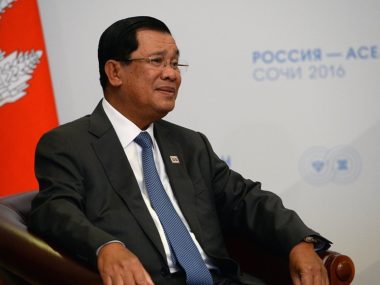
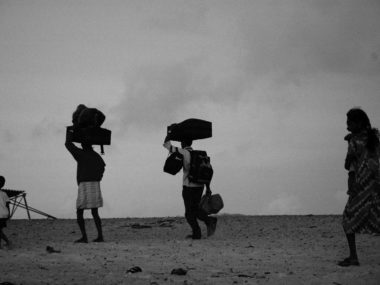
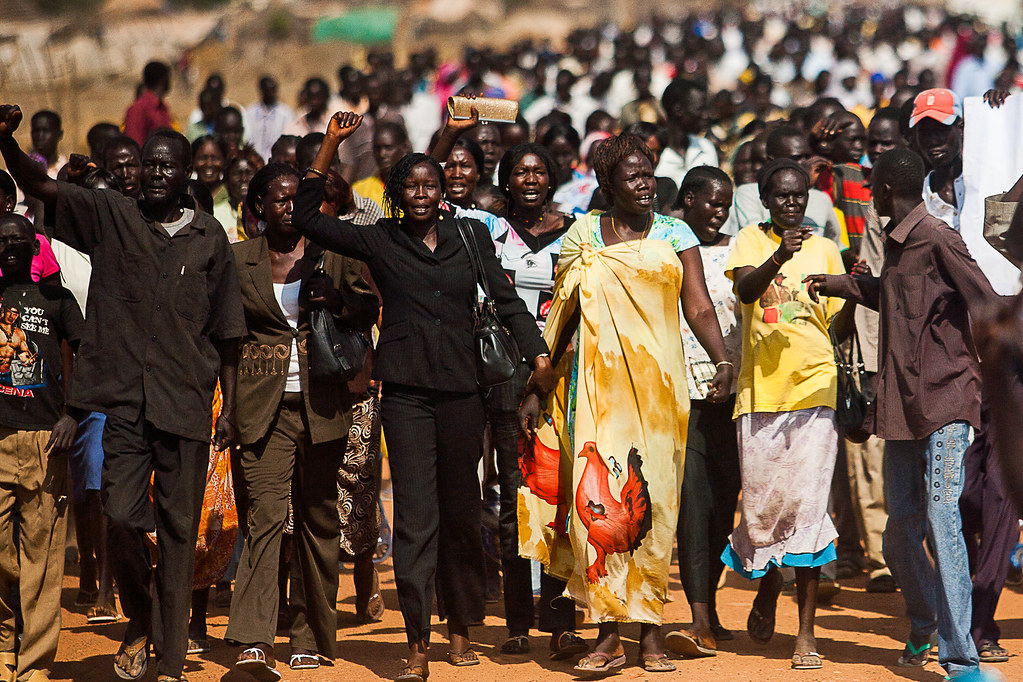
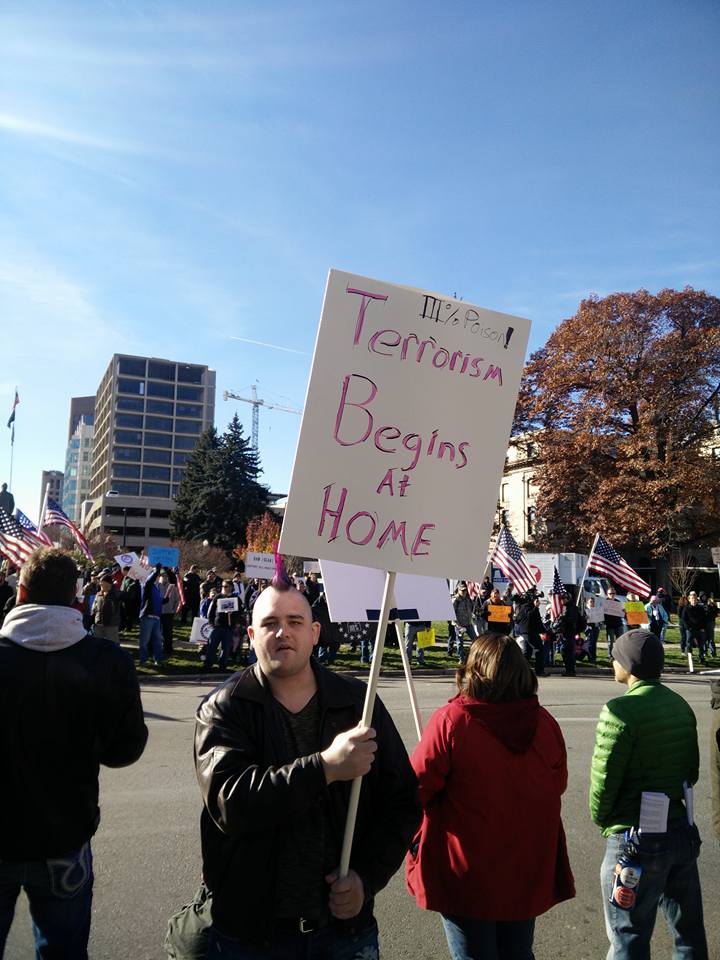
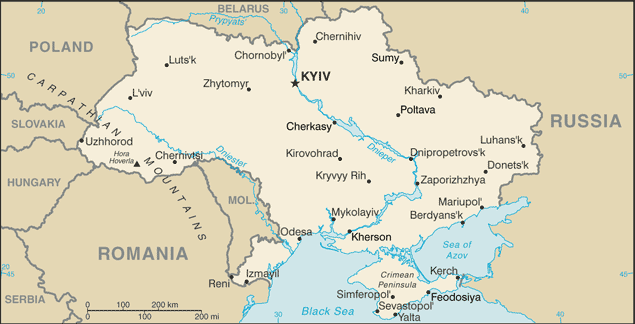

0 comments
Right. It makes more sense to think in terms of spectrums than binary switches on these matters. One spectrum is that between public and private security systems, with solutions in-between that involve partnerships (e.g., neighborhood watch programs). Another is that involving governmental support of terrorism and private thuggery, from direct collaboration and support to speeches that fuel hatred and failures to sanction such violence when it occurs. Akerlof and Yellen (1994) have a nice model for thinking about the dynamics of public vs. private control over hard-to-govern places.
Joe, I think you are right about the danger of ungoverned spaces for international security. We should consider one point though. The danger emanating from ungoverned spaces tend to be much more of a security concern to immediate neighbors than to remote great powers. Turkey, Lebanon, Jordan, Iraq, and maybe Israel, should be alarmed about these developments, more so than the US.
Great point Brian. I’ll have to read this piece. Boaz, I totally agree. It suggests a testable hypothesis: the closer the proximity to an ungoverned space, the greater danger to the governed space. Would be interesting to grapple with the relationship between this concept and Boulding’s Loss of Strength Gradient. Paper idea?
Joe,
Your excellent comments point to a larger pattern in conflict research: the tendency to treat dynamic, fluid, multidimensional phenomena in binary terms. In many cases, such a dichotomous lens leaves us with an incomplete view of such phenomena. Paul Staniland’s PoP piece is indeed illuminating because it opens up a whole agenda on the variation in political orders (with questions such as what triggers the transition from one political order to another awaiting systematic exploration).
Syria is obviously attracting a lot of attention these days, but when it comes to the danger of ungoverned spaces for regional stability, my mind immediately flies to Libya where in the wake of the collapse of the Qaddafi regime, authority and control is shared both by the state and a plethora of nonstate actors (http://www.merip.org/newspaper_opeds/oped030512). Right now, the country looks more like a mosaic of ungoverned and (partially) governed spaces than a coherent whole.
Adrian, your recent ISR piece (http://onlinelibrary.wiley.com/doi/10.1111/j.1468-2486.2012.01102.x/abstract) makes some of these points, no? I should have cited it. Syria is a good example, as are many states across the globe that feature larger portions of ungoverned spaces. Why do these spaces develop? How does the distance (both geographic and social) from the leadership of the country influence the likelihood of an ungoverned (or less governed space)?